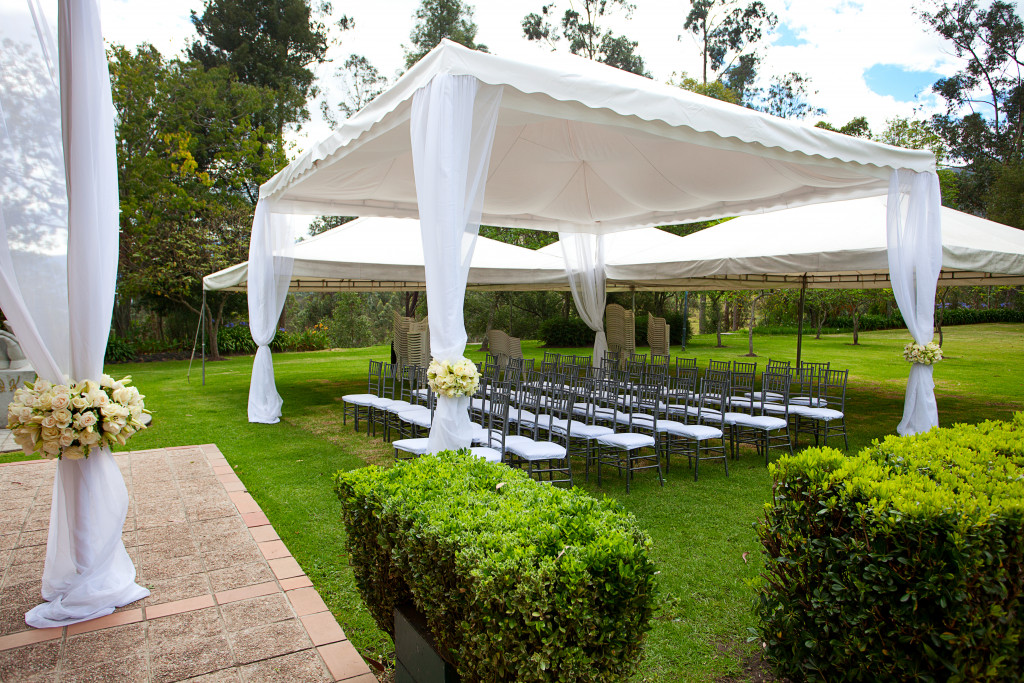Planning an event is a lot of work. It begins by brainstorming ideas for the theme of an event, which should encompass the main purpose for which it’s being done. Then you’d have to book the venue, find vendors, invite guests, figure out the decorations, and see to it that everything’s ironed out for the event day itself.
And although those look easy enough, planning an event can take a few weeks to a few months at a time, depending on the number of attendees that you’re hoping to come. This means the more attendees you’ll have for your event, the heavier your tasks will become because you’ll need to accommodate more people.
But if you have a team of people you can trust, there’s no reason you need to worry about not being able to pull off an event of this scale. Do your best in every possible way and hope that your efforts won’t be futile when the day of the event arrives.
That said, there’s nothing wrong with using a little foresight to preempt worst-case scenarios. When you’re planning an event, it’s not enough to only have one plan. In fact, you’ll need a backup plan so that you’ll be ready no matter what happens. So, here’s a few contingency solutions that you may be able to use, especially if you’re holding an outdoor event:
Extra Food and Refreshments
Unless you’re holding an event that requires an RSVP to secure a seat at the table, it’s always better to have extra food and refreshments on hand. This is because running out of cocktail drinks and appetizers in the middle of the program might negatively reflect the organizers of the event.
This is particularly concerning if you promised your guests that you would provide enough snacks and refreshments for everyone. Besides, it’s always better to have extra than not to have enough because it will be harder to find a vendor that can provide food on short notice once the event has started.
Access to a Contingency Fund
When you’re planning the budget for the event, it’s important to allot some of your funding for emergency purposes. This is because not everything will turn out the way you planned them to, which means you might need to shell out some money at any given time.
If you don’t have a contingency fund, it might force you to shell out your own money, which should never happen unless you have no other options. So, try to anticipate the expenses you might have at the last minute and allot a substantial amount of money to your contingency fund. And you won’t need to use all of that money if you don’t really have to.

Emergency Mobile Generators
Even if you’re outside, you will still need to have access to electricity to power all your LED screens, sound systems, microphones, and other technical equipment. After all, it would be impossible to hold an event without any music playing in the background or hosts commanding the programs on stage.
But all that will be subject to how much power and energy your chosen tech provider can bring. More often than not, tech providers have their own generators for such events because there aren’t any electrical outlets or wall sockets in an outdoor venue.
However, it may be more practical to bring your own so that you won’t have to leave anything to chance. You can invest in your own mobile generator, such as those from Doosan Portable Power, to anticipate any need for an additional electricity source. Plus, it can be handy if you hold outdoor events often.
An Indoor Venue (as the Last Resort)
The thing about outdoor events is that you won’t be able to control the weather conditions. You could rely on weather forecasts and announcements on the day itself, but they aren’t definite answers. After all, that’s why they’re called forecasts. But you can’t let something as simple as weather ruin the event your company has worked so hard for.
Although your original plan is to hold an outdoor event, you might want to consider having an indoor venue as a last resort. You won’t have to use it if the weather behaves in your favor. But just in case it doesn’t, then you’ll already have a venue that’s ready to be used whenever.
Contrary to what most people believe, event planning is no piece of cake. Aside from the fact that there are many people, equipment, and scheduling involved in a single event, you’ll also have to consider the external factors that could affect or ruin your plans. That’s why it’s always better to be over-prepared than to be caught at a loss.
